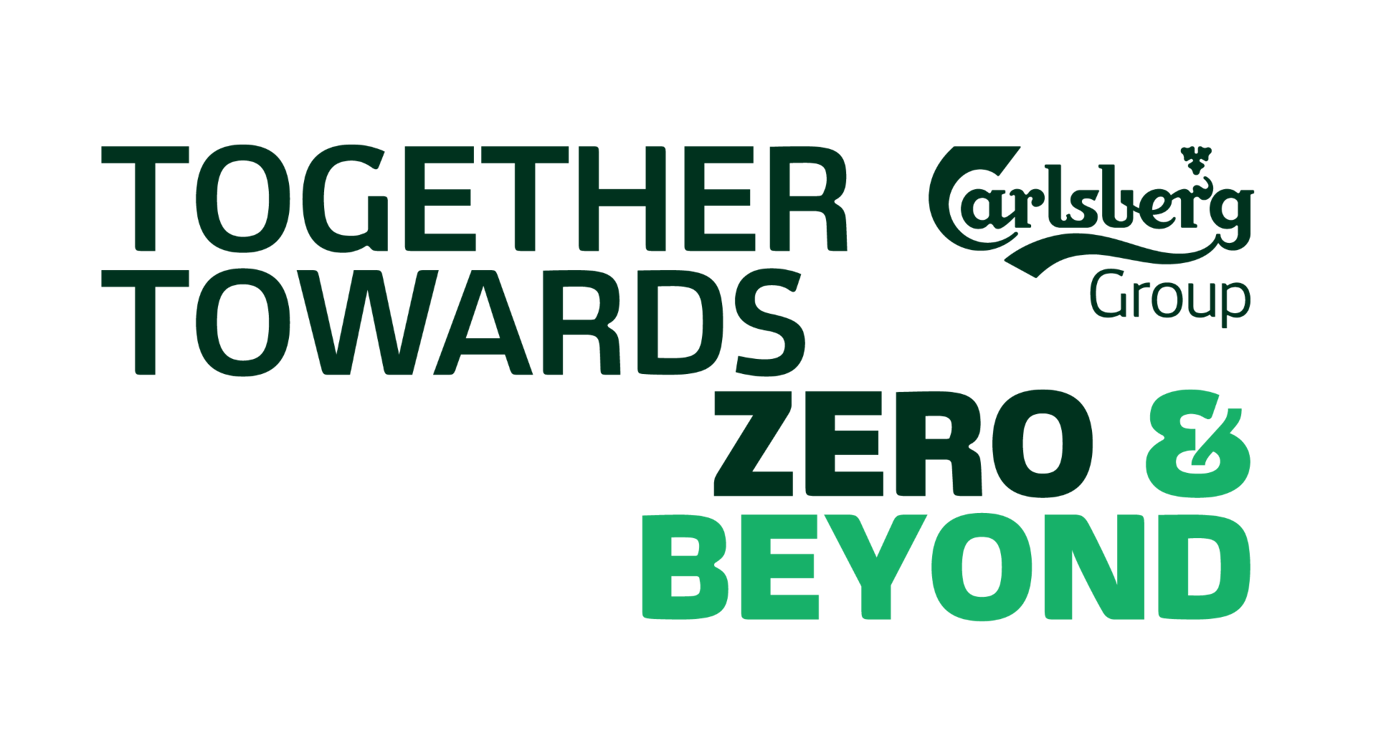
 Human Rights
Human Rights

At Carlsberg Group, respect for people is an essential part of how we do business
As a signatory of the UN Global Compact, we are committed to its 10 principles, which include human rights, and we are also committed to the UN Guiding Principles on Business and Human Rights (UNGP) and conduct continuous due diligence against its criteria.
Our commitment to respect human rights applies to all our activities, relationships, and throughout the value chain, and it refers to internationally recognised human rights as described in the International Bill of Human Rights (including the Universal Declaration of Human Rights, the International Covenant on Economic, Social and Cultural Rights, and the International Covenant on Civil and Political Rights and its two Optional Protocols), the International Labour Organization’s Declaration on Fundamental Principles and Rights at Work and additional ILO conventions on labour standards on working hours, wages and benefits, and health and safety.
You can read more about our commitment to respect human rights in Carlsberg´s Human Rights Policy which applies globally to management, employees, and contract workers of all entities in the Carlsberg Group and is overseen and approved by the Executive Committee.
To read about our expectations of suppliers, vendors, agents, contractors, and licensees read Carlsberg Supplier and Licensee Code of Conduct.
Improving our knowledge
A key element of our overall approach includes improving our own understanding of human rights. With that aim, we went through a process with internal and external stakeholders including participants from different functions, focused on improving our understanding of the UNGP, what they mean for an organisation of our characteristics, and how to integrate them into daily operations.
In addition to key group functions, we have trained key stakeholders in the markets where we are present, including HR, procurement, and managing directors. Further, we have supporting documents, such as our Human Rights Manual, which provides greater detail on how to bring our human rights policy to life.
Human Rights Due Diligence
We continuously assess potential areas of impact connected to our operations throughout the value chain, considering our global footprint and business partners, such as suppliers. Once we identify those areas, we use severity and likelihood to define our salient issues. This exercise involves a cross-functional working group, led by in-house and external subject matter experts.
The issues we identified as salient include working conditions of brand promoters, service providers, and at the sites where some of the products and raw materials we buy are produced. To mitigate potential adverse impacts connected to these areas, we are, among other things, continuously working on strengthening our approach to responsible sourcing and making sure our brand promoters are well-equipped to successfully implement our policies.
We are rethinking our approach to responsible sourcing and the results of our human rights due diligence work will be integrated as a natural part of this.
To further provide steer on one of our salient issues, we have developed and published Carlsberg Brand Promoter Manual, which addresses the areas we have identified as critical for our brand promoters to maintain a safe working environment and know all the resources they have at their disposal to bring our policies to life. This manual is supported by training and ongoing dialogue at the local level.
We are committed to continuously assessing our salient issues and will revisit our latest analysis from 2020, in 2022. Going forward, this will be an annual exercise, informed by interactions with stakeholders and the learnings from our work with suppliers.
Additionally, we conduct enhanced due diligence in the light of big changes to our business or the environments in which we operate. For such instances, we discuss relevant actions to prevent potential impacts derived from the change and connected to our operations.
Working with human rights is a dynamic process that we are continuously learning from and a process that we are continuously enhancing using the learnings from our journey.
Grievance mechanisms
If an employee believes that our policies have been breached, we encourage them to discuss it with their manager, the compliance, or HR representative. When this is not an option, they can raise their concerns anonymously using our well-established Carlsberg SpeakUp platform, which is managed by a third party.
Measures are taken to prevent retaliation of any kind to anyone placing a claim. The system includes more than 300 languages and is accessible to external parties via the internet and via telephone. Further, information on the system is available on our external website, available for any affected parties to access.
All claims are investigated. The potential outcomes include that the issue may be deemed to be a violation of our policies and it will be remediated, that the issue is not a violation of our policies, but we have an opportunity to improve our internal systems, or that the issue is unfounded.
The complainant always has the option to appeal the process and communication is maintained throughout the entire process.
To read more about our grievance mechanism please go to the Speak Up site.
Remedy
We commit to remedy any adverse impacts on individuals, workers, and communities that we have caused or contributed to, and we expect our business partners to follow this approach. We will collaborate with judicial or non-judicial mechanisms to provide access to remedy and will work with suppliers to remedy adverse impacts, directly linked to the company’s operations, products, or services.
Some of the claims we receive in connection to human rights issues are regarding discrimination. In addition to addressing the issue, we take actions targeting root causes examples of those actions include training.
Tracking effectiveness
Through our Speak Up system, we track the number of claims related to human rights and we use that information to continuously improve our processes.
Additionally, we are in the process of defining relevant KPIs, particularly in connection with the work with suppliers. Going forward, the input from these two sources will be used, as mentioned before, to revisit our salient issues every year.
Day-to-day responsibilities
Bringing our human rights policy to life is everybody’s responsibility. In addition to the support documents we have in place, we have trained, key stakeholders, across markets and functions, including procurement on how to implement our requirements. Additionally, we have augmented internal expertise through a full-time resource looking into human rights and responsible sourcing matters.
Stakeholder engagement
As part of our approach to business, we engage in materiality assessments, which include a wide variety of stakeholders, that have been selected after a mapping exercise. These stakeholders include, among others, rights-holders and their representatives. Additionally, we conduct internal surveys looking into the work environment and keep open communication channels with external organisations working on human rights.
For additional information on stakeholder engagement, read Carlsberg Group 2023 Human Rights Report.

Thirsty for more?

Responsible Sourcing
Around the world, we collaborate with tens of thousands of suppliers. These business partners provide ingredients, packaging and logistics for our products, as well as other goods and services that keep our operations running. We seek suppliers who share our values and responsible approach to business.

Living by our Compass
Live by our Compass is our approach to create a winning culture by defining common ethical behaviour that applies to all our employees.

Diversity, Equity and Inclusion
As a company, we recognize that diversity is found in any social identity such as gender, age, culture, ethnicity, physical abilities, political and religious beliefs, sexual orientation, and other attributes.
Central & Eastern Europe and India
-
Azerbaijan
-
Belarus
-
Bulgaria
-
Canada
-
Croatia
-
Estonia
-
Greece
-
Hungary
-
India
-
Italy
-
Kazakhstan
-
Latvia
-
Lithuania
-
Serbia
-
Ukraine

